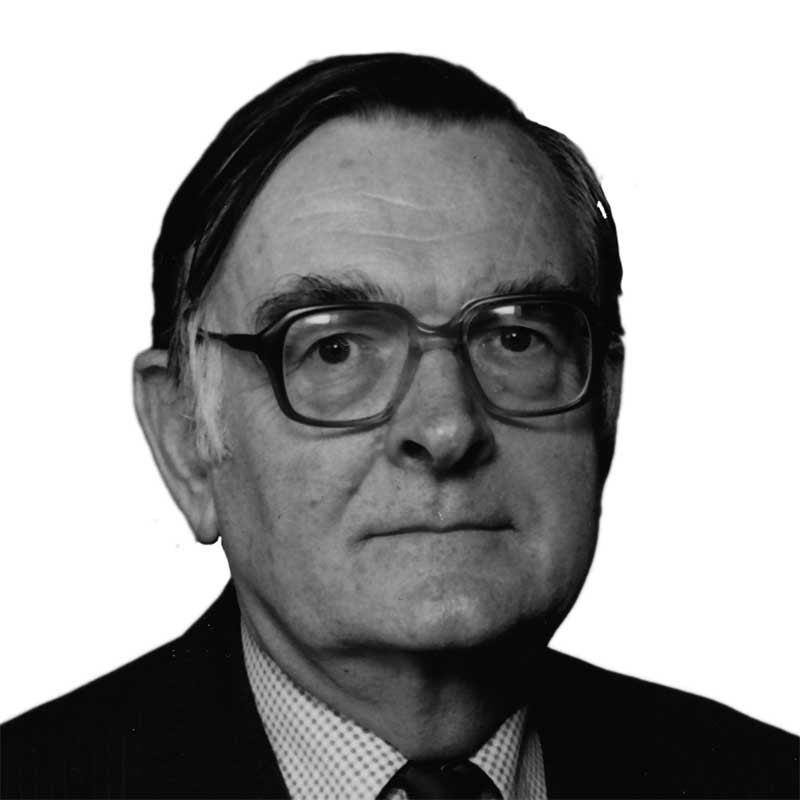
Meta
Hugh Cortazzi
Hugh Cortazzi was posted to British Commonwealth Air Forces in Japan in 1946, and he joined the British Foreign (later diplomatic) service in 1949. After retiring, he worked in the city of London and was an adviser to a number of Japanese companies. He was chairman of the council of the Japan Society from 1985-1995. Since 1983 he has researched and written a number of books about Japanese culture and history and has edited and compiled a series of books on personalities active in Anglo-Japanese relations.
Feb 14, 2001
Feb 6, 2001
Jan 24, 2001
Jan 16, 2001
Dec 22, 2000
Dec 10, 2000
Nov 25, 2000
Nov 12, 2000
Nov 4, 2000
Oct 18, 2000
Oct 5, 2000
Sep 16, 2000
Sep 6, 2000
Aug 26, 2000
Aug 23, 2000
Jul 30, 2000
Jul 26, 2000














